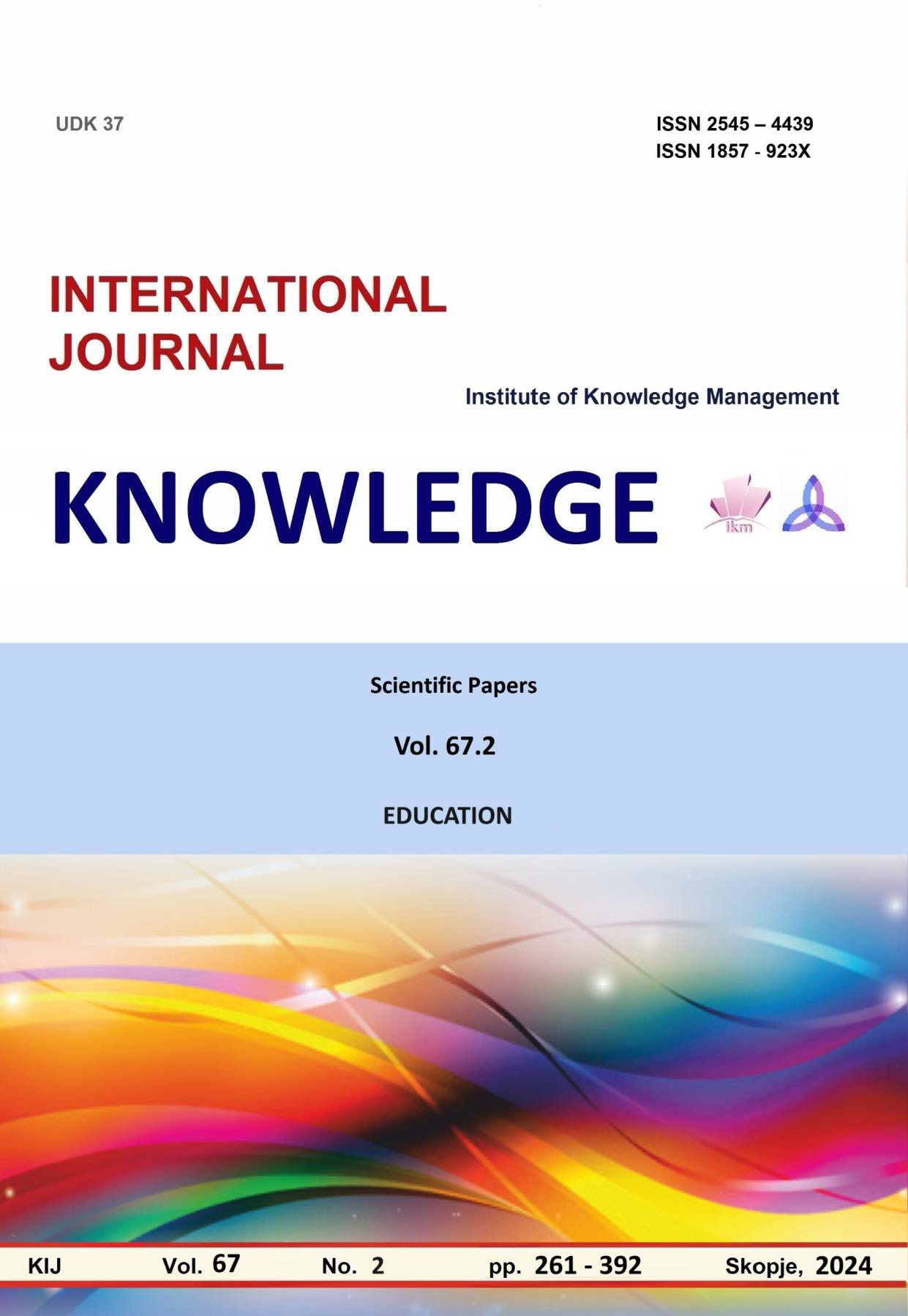BASICS OF LEISURE EDUCATION
BASICS OF LEISURE EDUCATION
Author(s): Kire Sharlamanov, Mia KostovskaSubject(s): Social Sciences, Education
Published by: Scientific Institute of Management and Knowledge
Keywords: education;leisure time;leisure education
Summary/Abstract: Practitioners and researchers from various fields such as health, justice, education, recreation indicate that many people who could benefit from leisure or recreation do not have it because they do not have elementary leisure literacy. Leisure literacy is related to the knowledge, skills and confidence in the right way to organize and use leisure. Such knowledge and skills can be acquired through leisure education. The term leisure education itself is a combination of two terms leisure and education. Both terms carry extensive definitions. Education on the one hand can be life-long, intentional, with a specific goal to achieve the development of the personal qualities of individuals, etc. Leisure on the other hand is associated with free time, freedom of choice, creativity, pleasure, enjoyment, happiness. The activities that individuals have in leisure time and the experience they gain by their nature can be intellectual, social, physical, artistic or spiritual. When the term education is associated with another term, it usually refers to a specific subject of study, for example, the terms art education, music education, etc., but this is not the case with leisure education. It could even be argued that the terms that make up the coinage leisure education are in contradiction with each other. For example, while leisure associates with freedom, relaxation, unstructured activities, etc., education associates with learning and structured activities. Leisure is a part of human life, just like education. Education is a human right, just like the right to leisure, the right to work, to health care, etc. No one has the right to take these rights away from individuals regardless of their gender, age, race, nationality, religious affiliation, health status, possible disability, economic status, etc. Leisure encompasses a significant part of human life. Hence, how leisure time is spent and whether it will contribute to improving the lives of individuals should not be left to chance or the momentary inspiration of individuals. On the contrary, individuals should have the right to acquire skills and knowledge in an organized and systematic manner that will help them in the organization and use of leisure time. Hence, leisure education refers to the need to study and impart knowledge and experiences on how to spend leisure time. In this text, we will focus on the basic characteristics of leisure education, its institutionalization, goals and connection with the quality of life.
Journal: Knowledge - International Journal
- Issue Year: 67/2024
- Issue No: 2
- Page Range: 283-286
- Page Count: 4
- Language: English

